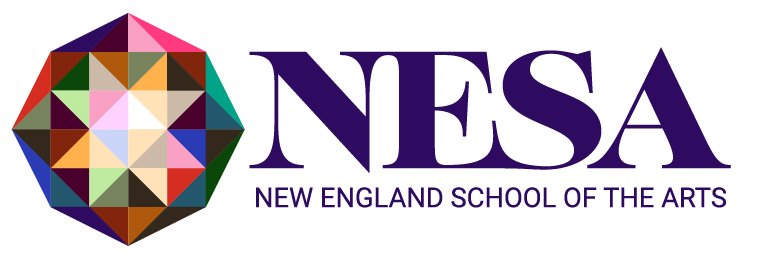
SOCIAL STUDIES
Course Offerings
6th Grade Social Studies
In sixth grade, students will study world civilizations and the Eastern Hemisphere, following the National Curriculum for Social Studies Framework. The curriculum is guided by the five NCSS Standards: Content Knowledge, Application of Content Through Planning, Design and Implementation of Instruction and Assessment, Social Studies Learners and Learning, and Professional Responsibility and Informed Action.
7th Grade Social Studies
In Seventh-grade Social Studies, students begin to analyze political ideologies, motivations, and the effects of politics on humanity. This course is a broad survey of world history that covers China, Islam, Africa, Russia, Japan, Europe, and the Americas. Connections between historic events and themes related to the human condition are made to build a conceptual framework for learning. The time periods range from ancient history to the modern era. Students explore how governments around the world function and interact. They examine war and why it occurs. Students also learn about the ideology behind revolutions throughout history, social change and its impact on society, culture, and the individual. Seventh grade students gain a comprehensive understanding of the political and social climate that lead to human rights abuses.
8th Grade Social Studies
Eighth-grade Social Studies is a cross-cultural exploration of themes of social injustice, human rights, and social movements. Students will incorporate prior foundational knowledge of government and revolution in order to analyze the motivations and reactions to social injustice across countries, cultures, and eras. Themes and topics may include: Persecution and Civil Rights, Contemporary Issues, World War II and the Holocaust, Genocide, Japanese Internment Camps, Propaganda.
American Government
The American Government provides an overview of the structure and functions of the American government and political institutions and examines constitutional principles, the concepts of rights and responsibilities, the role of political parties and interest groups, and the importance of civic participation in the democratic process. This course will examine the structure and function of state and local government and may cover certain economic and legal topics. This course examines the general structure and functions of American systems of government, the role, and responsibilities of citizens to participate in the political process, and the relationship of the individual to the law and legal system.
American History 1
US History is the study of the events, people, and culture of the United States over time. In US History I, the student will learn about the process of historical inquiry, review the events and principles behind the founding of the United States, and then apply historical inquiry to analyze societal issues, trends, and events from the Civil War through the Great Depression. The student will explore timelines to gain an understanding of how events link to each other and analyze historical documents for a firsthand sense of how events unfolded. Student’s will also gather evidence from relevant documents and historical texts to develop credible explanations of events in US history. The student will then use that evidence to evaluate change and continuity over time by writing essays and creating presentations about broad periods of historical development.
American History 2
US History is the study of the events, people, and culture of the United States over time. In US History II, students will apply historical inquiry to analyze societal issues, trends, and events of US history from World War II to the present, including the Cold War, Civil Rights and other social movements, the Vietnam War, modern presidencies, and responses to global terrorism. The students will explore timelines to gain an understanding of how events link to each other and analyze historical documents for a firsthand sense of how events unfolded. The students will also gather evidence from relevant documents and historical texts to develop credible explanations of events in US history. The student will then use that evidence to evaluate change and continuity over time.
Economics
Economics courses provide students with an overview of economics and primary emphasis on the principles of microeconomics and the U.S. economic system. This course may also cover topics such as principles of macroeconomics, international economics, and comparative economics. Economic principles may be presented in formal theoretical contexts, applied contexts, or both.
European History
In World History, students will explore major historical events around the world. They will develop your historical thinking skills, examine the origins and developments of European exploration, learn about the causes and effects of the Renaissance and the Reformation, explore revolutions that occurred from 1789 to 1848, including the Scientific Revolution, the American Revolution, and the French Revolution and explore the causes and effects of the Industrial Revolution, the spread of nationalism in Europe, and the Russian Revolution.
Geography and World Cultures
World Geography is the study of where things are in the world. It is important to know why people settled where they did: sometimes this is for weather-related reasons, and sometimes it’s because of bountiful natural resources nearby. In this course, you will learn about these special features which drive economic development and form the locales where people settle.
Psychology
Psychology is the study of both the mind and behavior and in particular the relationships between the two. This course is designed to provide students with a solid foundation of comprehensive knowledge and research skills that can be applied to all fields of psychology. Objectives from elective courses are not tested on national or state achievement tests. As a result, there is no course or adaptive assessments developed for our elective curriculum.

